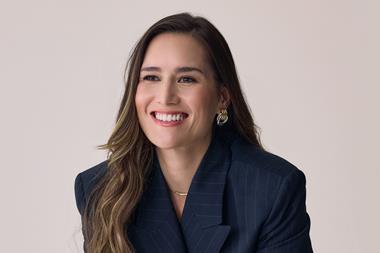With the volatile economic climate, this is to be expected. Yet the government has put its weight behind employee ownership schemes and HMRC says share schemes are an attractive, tax-efficient way to boost staff engagement. Mind you, this is the same HMRC that UHY Hacker Young blames for reducing the appeal of SAYE schemes by cutting the bonus rate to 0.54%.
So should employers invest in employee share schemes? According to registered charity IFS ProShare, five million staff currently take part in a share scheme. The most common approaches are through SAYE or share incentive plans (SIPs). The former enables staff to save money via payroll for three, five or seven years at which time they get a tax-free bonus and the option to take the money plus bonus or else convert this money into shares at the price agreed when they entered the scheme. A SIP scheme works by enabling employees to acquire shares over time, with these shares being held in a trust fund for between three to five years. After this, they are transferred to the employee, often tax-free.
In sectors in which many staff receive low wages, such as food retail and manufacturing, share plans enable them to potentially receive huge windfalls. In May staff at Tesco benefited from a £98m pot as part of its Shares in Success scheme. Employees who had worked for Tesco since February 2008 were eligible to receive free shares worth 3.6% of annual salary to a maximum of £3,000.
Not to be outdone, 16,500 Asda staff shared £43m a month later thanks to the company's Sharesave scheme. Employees who had saved the maximum £250 a month for the last three years received about £13,800 almost £5,000 more than their initial investment.
The argument goes that, by offering such schemes, companies encourage a sense of ownership among staff, resulting in greater engagement, motivation and retention. And a new study of 3,000 staff by the LSE and global employee share plan provider Computershare has now found that an employee who is a member of a share plan works harder than one who isn't. Members take less sick leave, stay longer with the company and take a greater interest in your financial performance.
So share schemes are a good thing. That is unless you are so busy watching shares you have no time to work.
Siân Harrington is editor of Human Resources magazine.














No comments yet